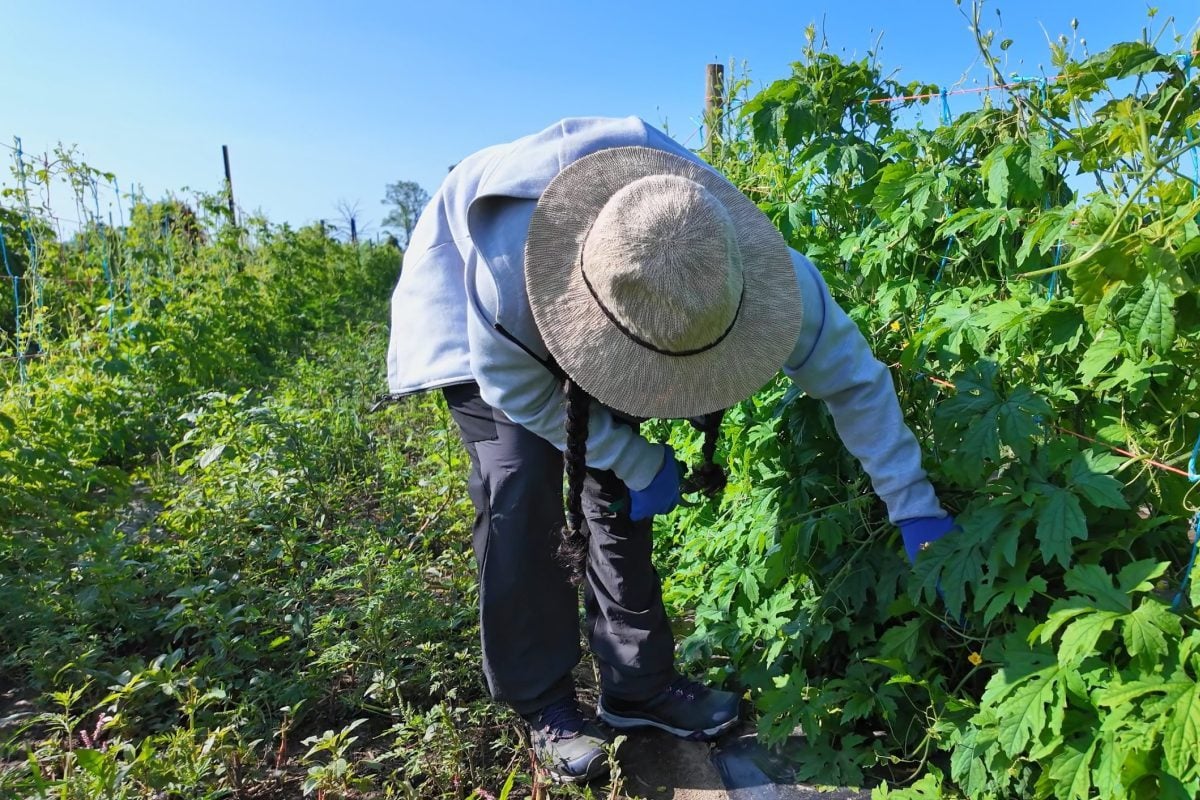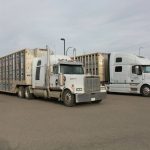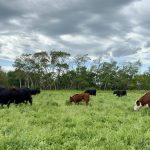The chair of World Trade Organization agriculture talks is reporting little progress but his latest negotiating text continues to be bad news for two Canadian agricultural players.
Supporters of supply management and the Canadian Wheat Board say the negotiating text as written would jeopardize their institutions.
On April 21, New Zealander David Walker issued a new negotiating text that shows little progress in closing negotiation gaps since the last text in late 2008.
“Members have been engaged in considerable activity over the past two years,” he wrote. “It is regrettable that members did not feel able at this point in the process of negotiations to present more of that activity in a way that could be captured in agreed or otherwise visible text.”
Read Also

Strong borders bill could increase temporary foreign worker vulnerability says National Farmers Union
The National Farmers Union (NFU) says Bill C-2, called the Strong Borders Act, might increase the vulnerability of temporary foreign workers.
WTO director Pascal Lamy has been urging the 154 member countries to settle their differences and seal a deal by the end of the year, when the Doha negotiating round passes its 10th anniversary.
With little obvious progress and no move by major players to begin compromising, chances of a 2011 deal have faded to black.
However, the latest version, to be used as the basis for future talks when and if they get serious, includes proposals to sharply reduce over-quota tariffs for sensitive sectors including Canada’s supply managed industries and to increase the amount of product allowed into the country outside the high tariff protection.
It also would allow sensitive sector coverage for far fewer products than Canada wants.
The Canadian government has joined Japan in officially notifying the WTO that its proposal to limit sensitive product coverage to four percent of tariff lines is not acceptable. Industry officials say to cover all supply management products, Canada would need to designate up to seven or eight percent of tariff lines as sensitive products.
Even if Canada wins some respite from the WTO proposals, it will come at a price of a requirement that more imports be allowed at lower or no tariffs.
Meanwhile, the text also leaves in place a 2008 proposal from previous agriculture negotiations chair Crawford Falconer from New Zealand that state trading enterprises like the Canadian Wheat Board lose their ability to operate a monopoly and that the government’s ability to guarantee any losses incurred in export sales be ended.
CWB chair Allen Oberg said in an April 25 interview the proposal unfairly targets the Board.
While the Conservative government has said it wants the single desk issue settled in Canada and not in Geneva, it has not formally objected to the WTO proposal on eliminating monopolies for state trading entities as it has on the supply management issue.
“I know the government says its position is that the issue will be decided domestically but we would like to see a formal government objection attached to that proposal in the chairman’s text,” Oberg said from his Alberta farm. “And we would like the government position to go one step further with an assurance that the decision will be made by farmers.”
The Conservative government has vowed to end the monopoly if re-elected with a majority.
Overall, the deal proposed in the WTO chair’s text would limit government’s ability to create new import barriers or to support farmers if the help is deemed production or trade distorting.
Canadian exporting sectors represented by the Canadian Agri-Food Trade Alliance say it would be good for them, creating opportunities for several billion dollars in new export sales annually.
Stan Eby, CAFTA president and former president of the Canadian Cattlemen’s Association, said April 25 completion of a WTO deal is crucial and while not as ambitious as exporters would like, the deal on the table is far better than nothing.
“I understand that Mr. Walker is trying to get things moving and we wish they would,” he said in an interview from his Bruce County farm near Wiarton, Ont. “From CAFTA’s point of view, we want our government to get more engaged to make a deal happen and after the election, we will be lobbying to urge the new government to begin to play a leadership role in Geneva and not just wait for others to move.”














